Americans appear less interested in buying battery-electric vehicles than at any time since 2019, according to a new AAA study. That decline comes at a time when Pres. Donald Trump is actively rolling back measures put in place during the Biden administration meant to encourage more Americans to go electric. Headlight.News has more.
Pres. Donald Trump plans to sign a new bill stripping California of its authority to set unique emissions standards, rules that were used by the state to effectively mandate a switch to EVs. It’s one of several steps Trump has taken to reverse the pro-EV policies of his predecessor, Pres. Joe Biden.
Whether his anti-EV stand matters to the public is uncertain, but it comes at a time when public interest in electric vehicle technology has sunk to its lowest level in years, according to a new study, fewer than one in six Americans telling AAA they’re “likely” or “very likely” to make their next vehicle an EV.
“While the automotive industry is committed to long-term electrification and providing a diverse range of models, underlying consumer hesitation remains,” said Greg Brannon, director of automotive engineering for AAA.
Trump pulls the plug
The president has traditionally been anti-EV – though he briefly expressed some support for the technology when Tesla CEO Elon Musk joined his reelection campaign, offering more than $270 million in support.
Even with Musk serving as his most trusted lieutenants, Trump started taking aim at Biden-era EV measures immediately after his January 20, 2025 inauguration. Among other things, he ordered a freeze on billions of dollars allocated, but not yet spent, to build up a public charging infrastructure. Trump even ordered chargers already installed at federal buildings to be disconnected.
Congress, meanwhile, moved forward on a measure first authorized under the federal Clean Air Act authorizing smoggy California to set unique air quality standards typically tougher than federal mandates. With additional waivers approved by Biden, California set a rapid timetable for cleaning up vehicle emissions that effectively could only be met with EVs. The new federal law strips that authority from the state.
The measure was approved by the Republican-controlled Senate last week and, with the House also approving the bill it now moves to the White House for Trump’s signature.
Americans lose interest
The moves by the Trump administration come at a time of growing skepticism on the part of the American public towards battery-electric vehicles.
Only 16% of the 1,128 Americans responding to the poll said they would be “likely” or “very likely” to purchase an EV next time they’re in the market for a new vehicle. That’s the lowest number AAA has seen since a 2019 survey.
Conversely, 63% said they would be “unlikely” or “very unlikely” to go electric. That’s up from 51% a year ago.
Even so, EV sales have continued rising this year, setting an all-time record during the first four months of 2025. They currently account for roughly 9% of U.S. new vehicle sales – though J.D. Power forecasts that dipped slightly, to just over 8%, for May. Analysts believe many potential EV buyers rushed to showrooms since the Trump inauguration, fearing the new president would end federal tax credits meant to promote the sale of that technology.
More EV News
- Senate Vote Could Kill California EV Rules
- Honda Slashes EV Investments Due to “Market Slowdown”
- Musk Meltdown: Sex, Drugs and Mismanagement
Heading to court
Many of the moves Trump has made since his inauguration using executive orders are now facing extensive legal battles. That includes his move to tie up money authorized under the Biden infrastructure bill to expand the national EV charging network.
The new bill stripping California’s clean air authority is also heading to court, opponents have made clear. Even as the Senate prepared to vote, the chamber’s parliamentarian expressed doubt over the legal authority to pass the measure.
As Automotive News pointed out in a story this week, “In March, the Government Accountability Office affirmed a decision that said the California waivers are not ‘rules’ subject to Congressional disapproval. The California waivers are instead akin to adjudicatory orders because they are ‘a case-specific, individual determination,’ rather than ‘a broad application of general principles.’”
Bottom line: efforts by both the Executive and Legislative branches of the federal government may have an uphill battle reversing moves meant to foster EV ownership.
Consumer concerns
They may not have to, at least if the new AAA study is a true reflection of public sentiment.
Even EV advocates admit there are a number of hurdles to winning over broad public support for the technology, The two most serious concerns:
- 62% of those polled were worried about the cost of repairing or replacing EV batteries – even though the packs in the latest vehicles are proving to last substantially longer than once expected;
- 59% expressed concern about high EV prices which, according to Cox Automotive, averaged $59,205 at the end of the first quarter, compared to $47,462 for all new vehicles. But a wave of new, lower-priced models have begun rolling out, such as the base Chevrolet Equinox EV starting around $25,000 after factoring in federal tax credits.
Range anxiety has become less of a concern as longer-range models come to market, some topping 400 miles per charge. Still, at least 50% of those who responded to the AAA poll also cited the lack of a robust public charging network, while questioning whether EVs really are viable when traveling long distances.

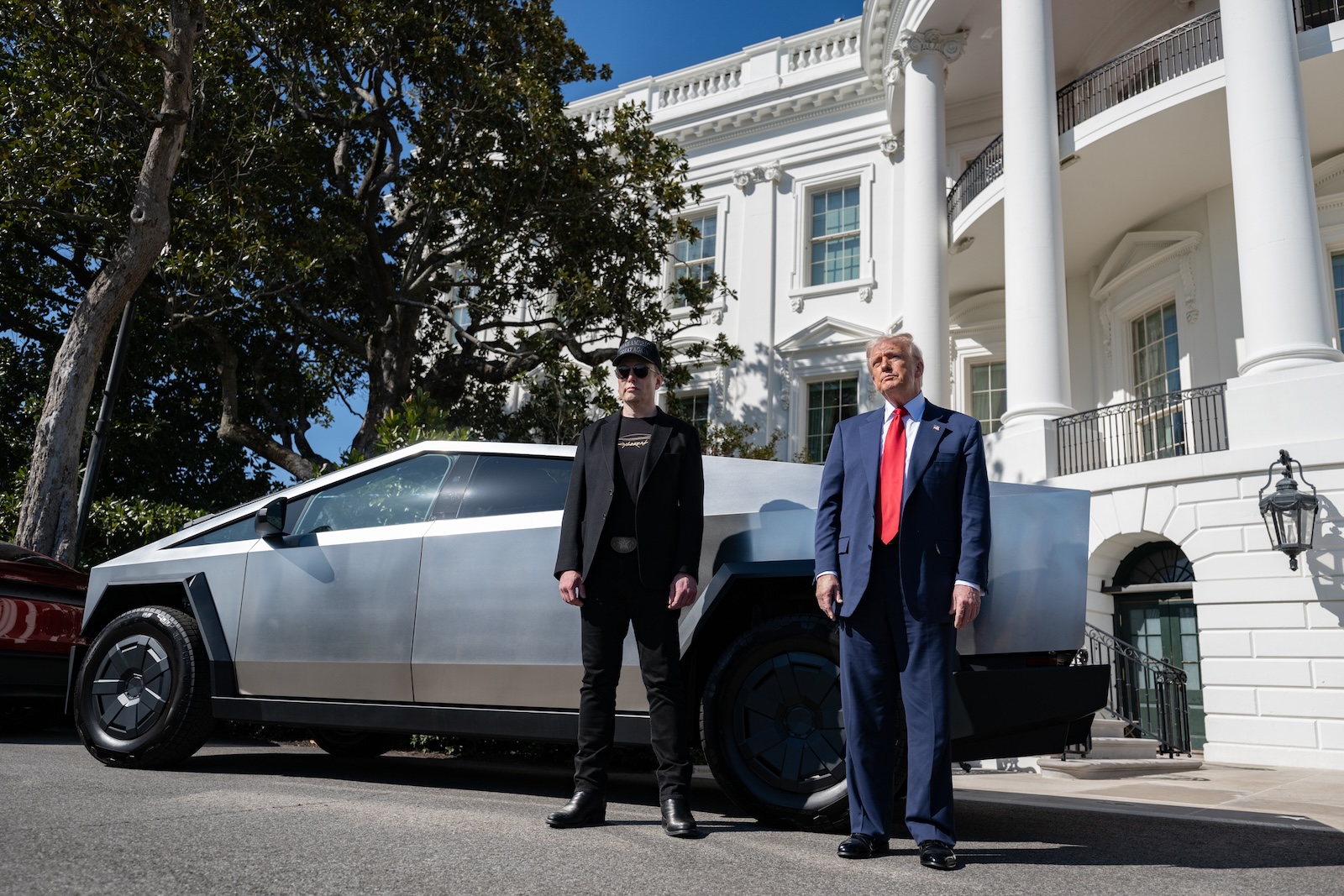
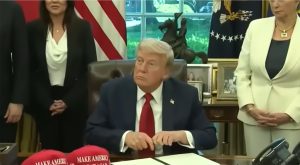
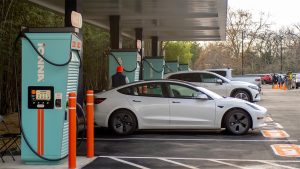

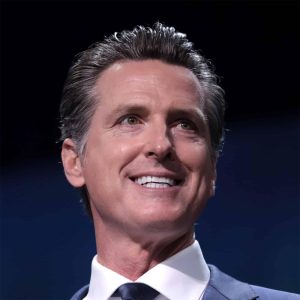
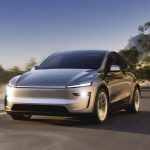
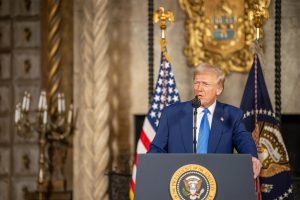

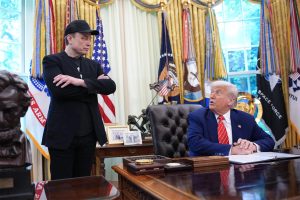

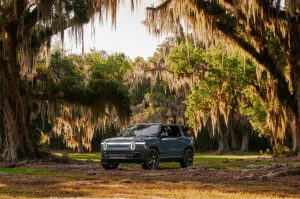
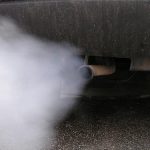
0 Comments